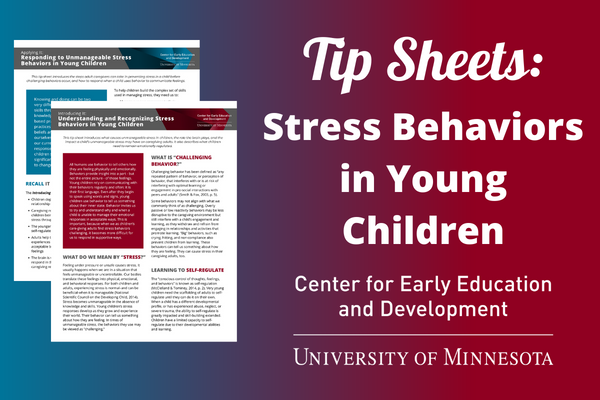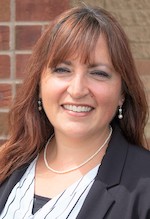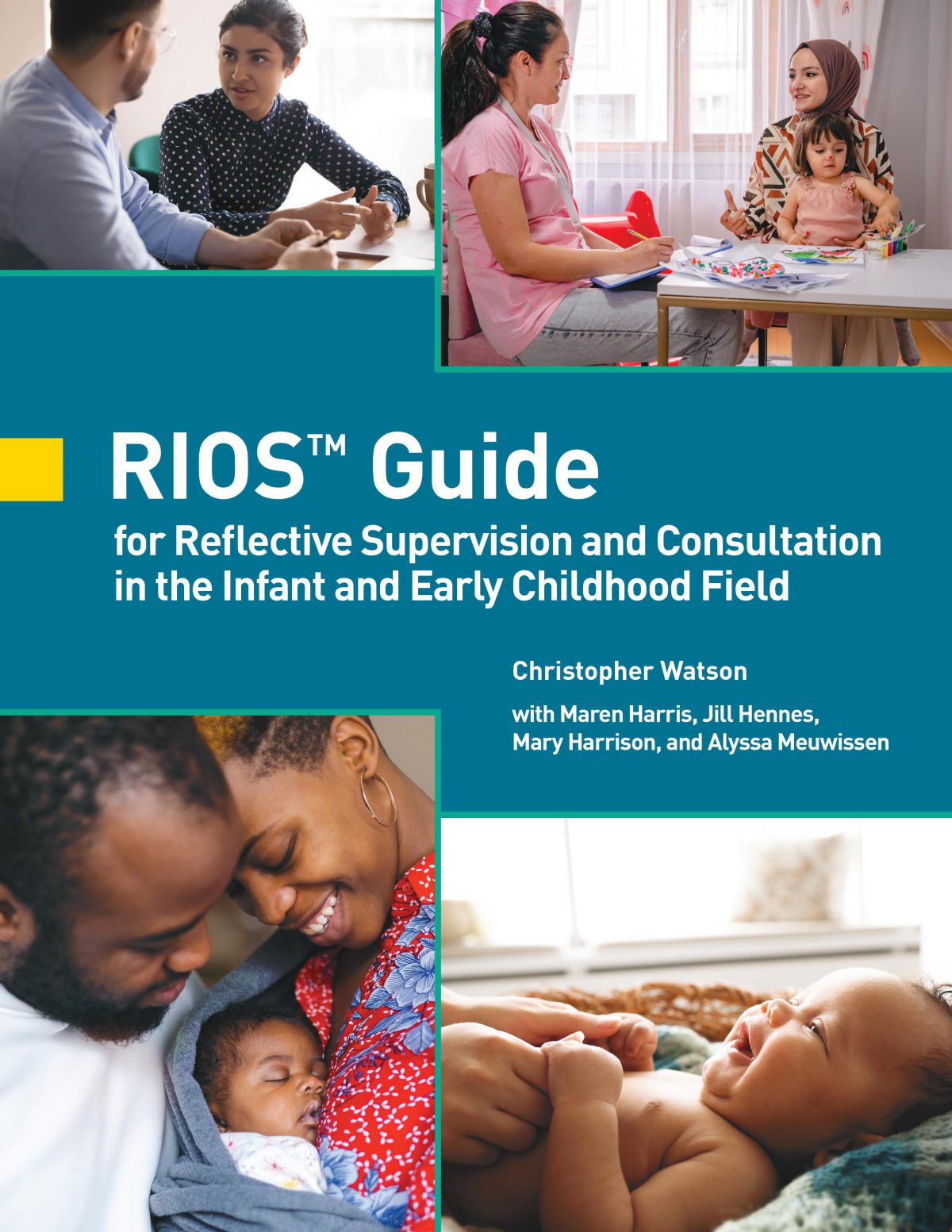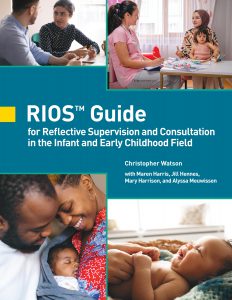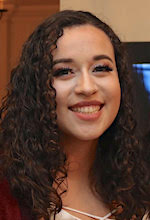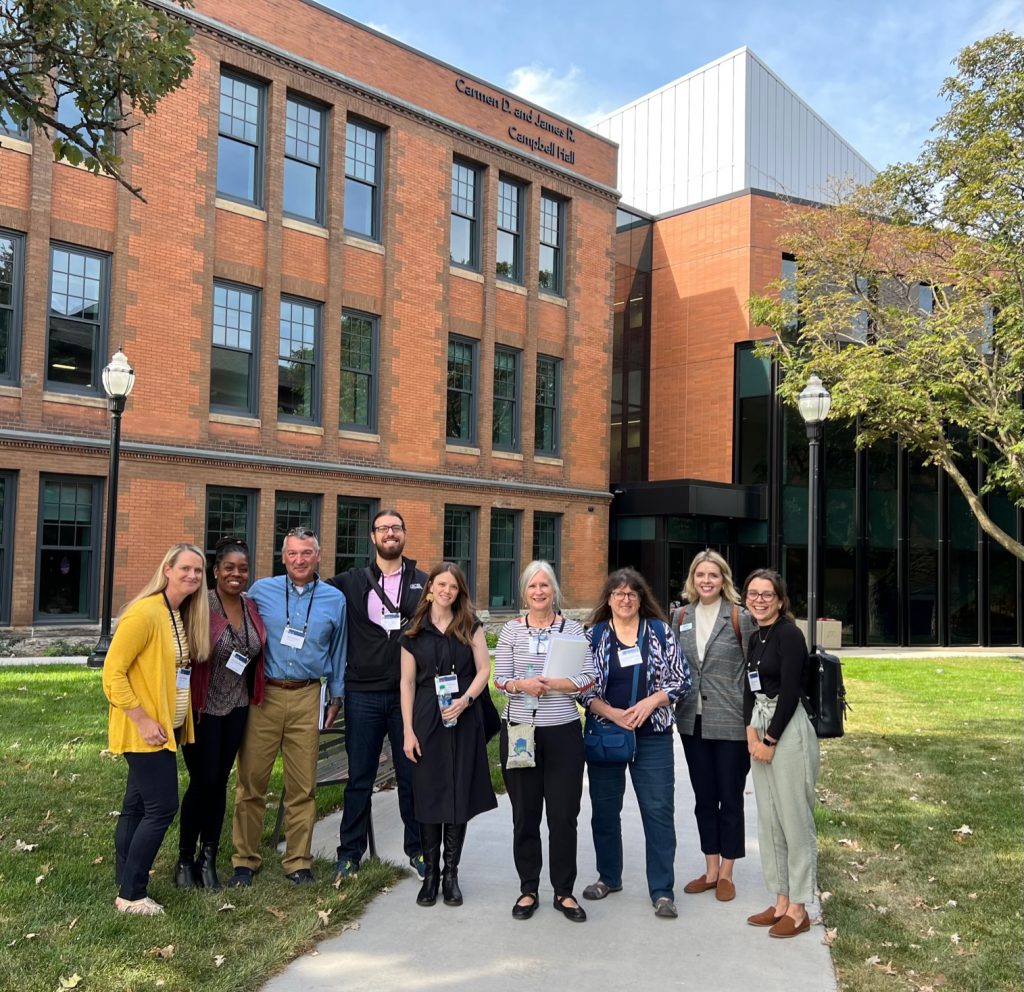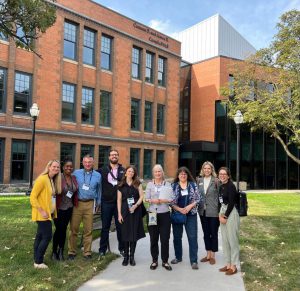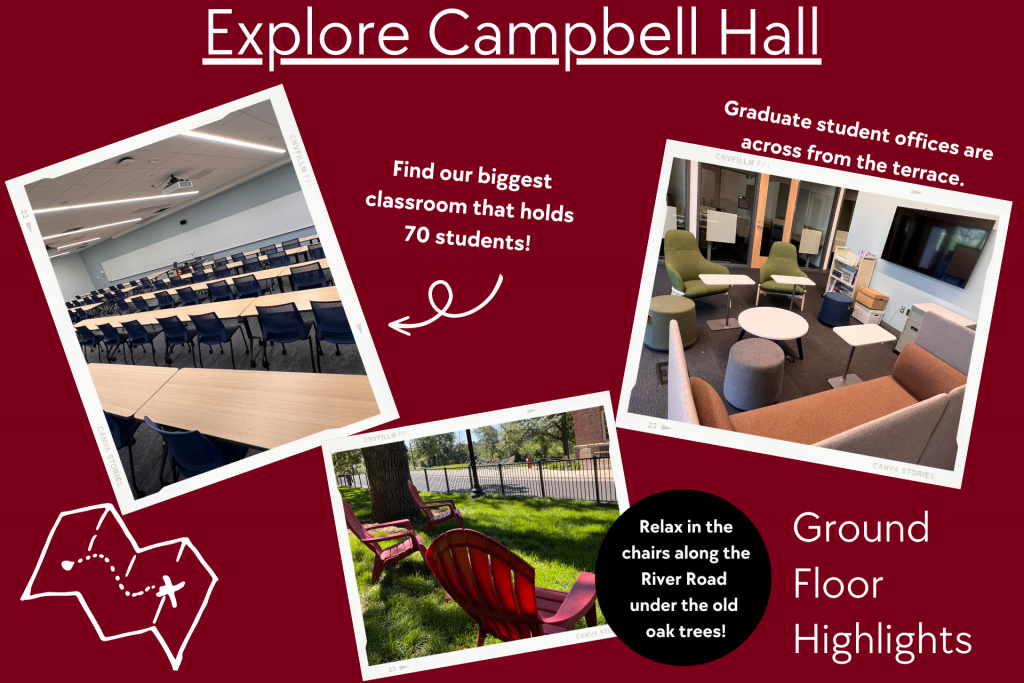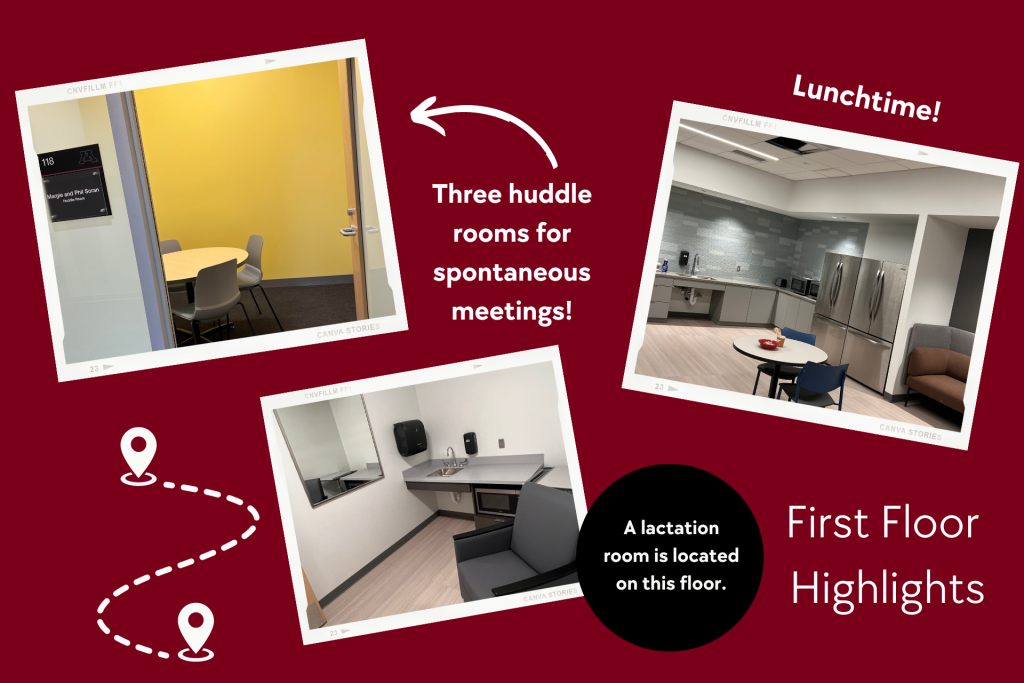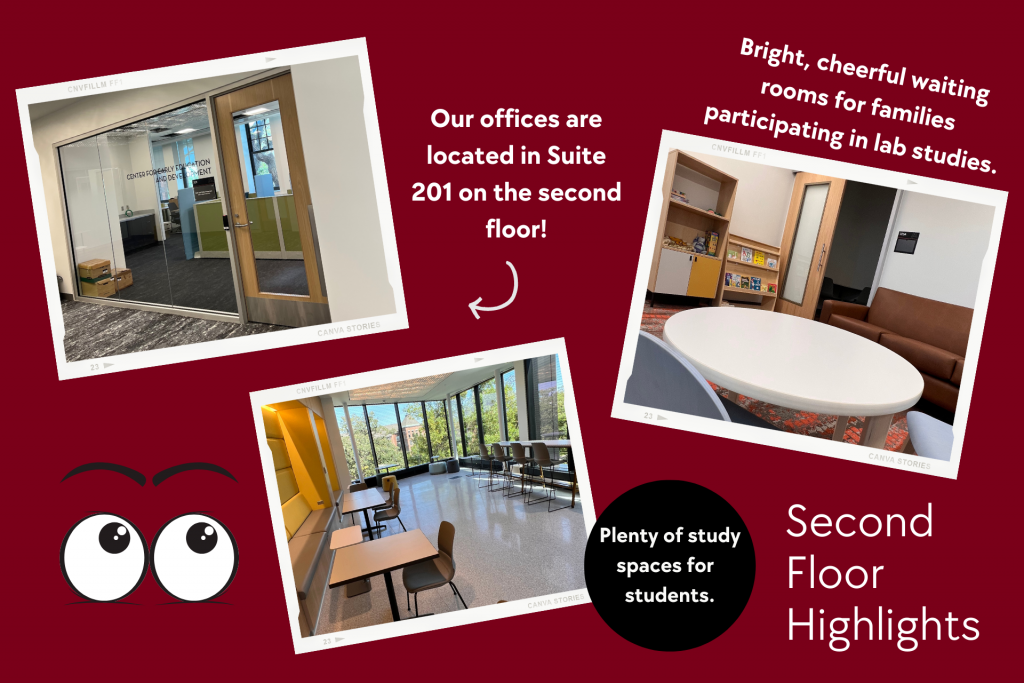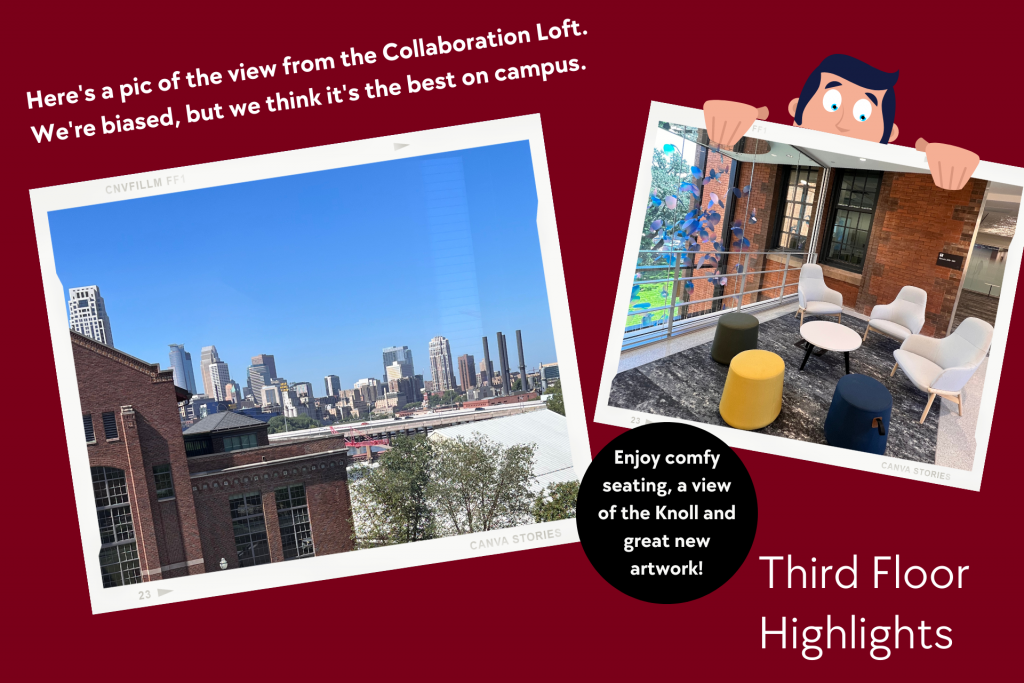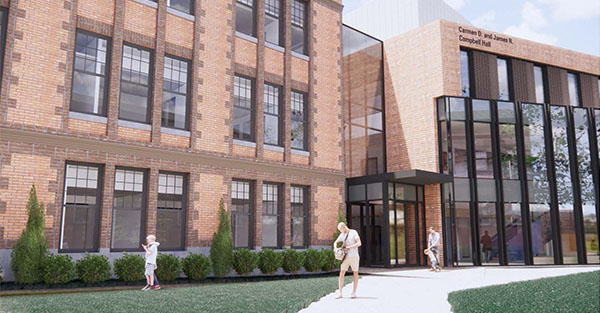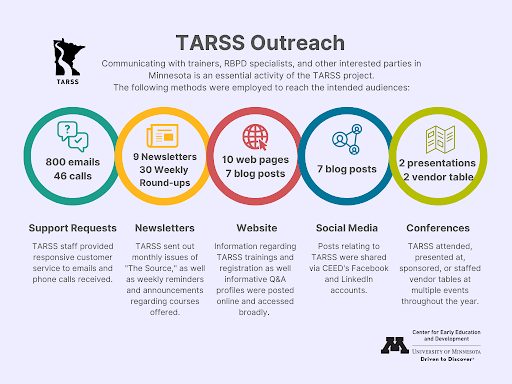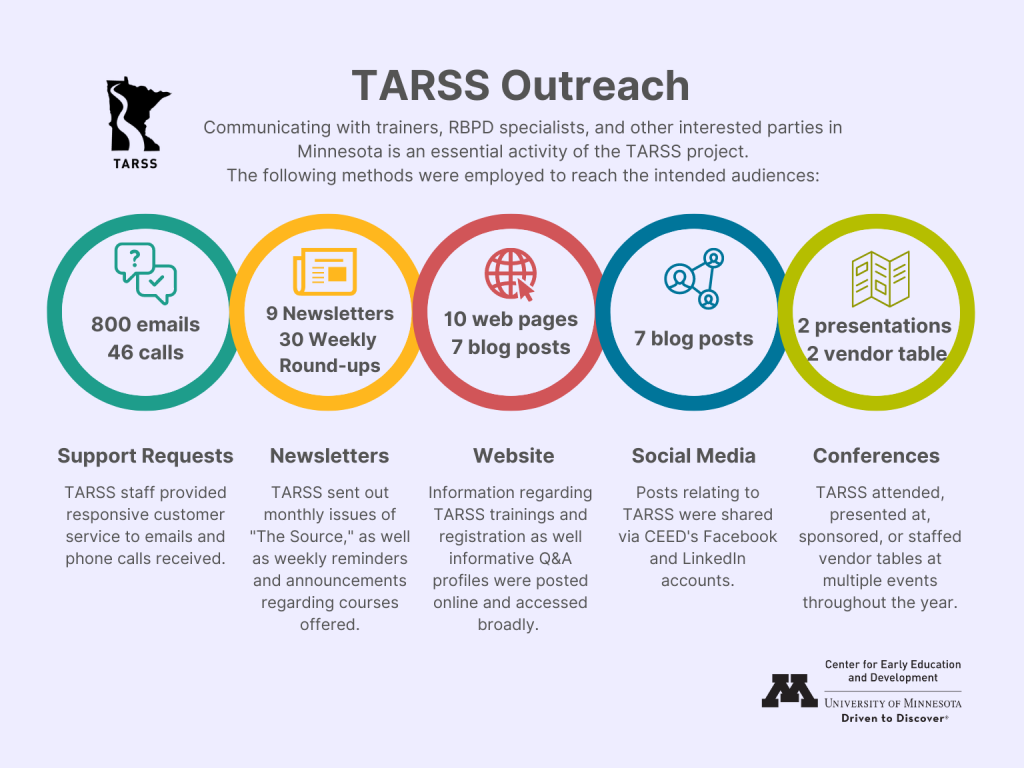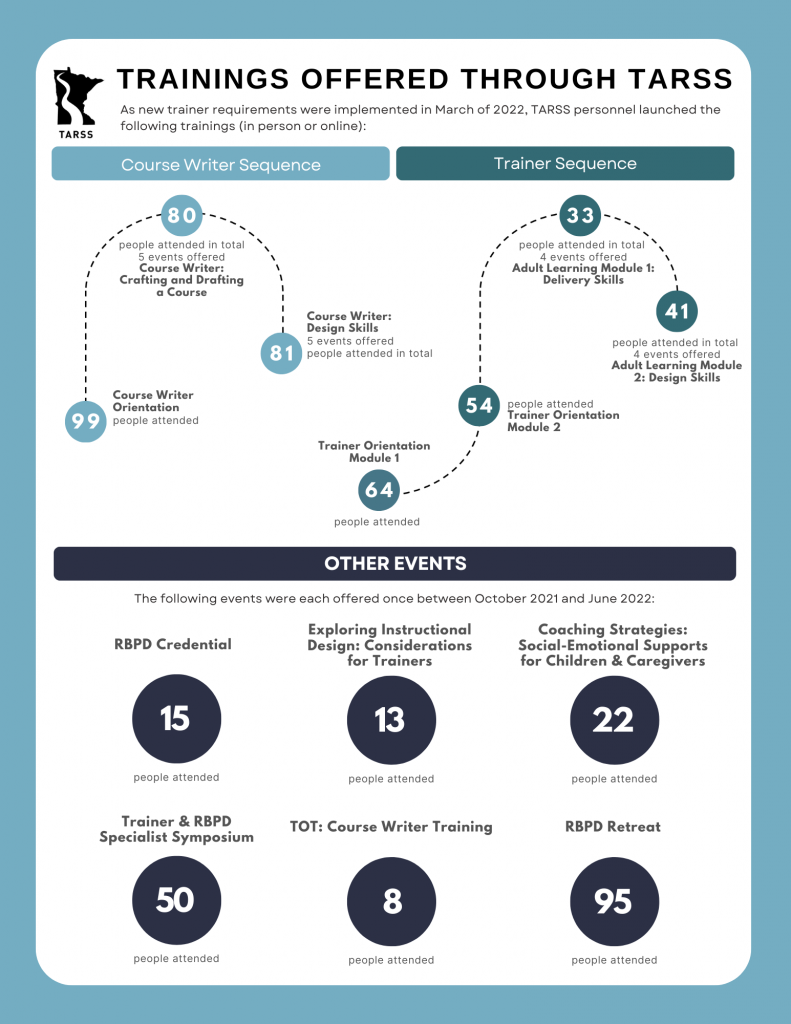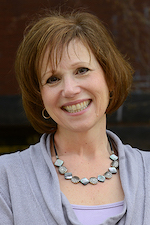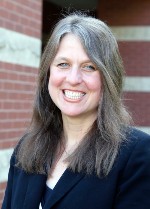Melissa Donovan joined CEED in 2022 as TARSS training specialist. In this Q & A, she discusses the importance of high-quality training for the early childhood workforce and shares what she most looks forward to in her current role.
Melissa Donovan joined CEED in 2022 as TARSS training specialist. In this Q & A, she discusses the importance of high-quality training for the early childhood workforce and shares what she most looks forward to in her current role.
What was the career path that led you to CEED?
MD: I began my career in the banking industry, but when I couldn’t find quality care for my youngest son, I became a family child care provider. I’ve always loved kids, and my mom ran a family child care business, so I grew up with it. I operated my child care business out of my home for 16 years. I closed the business to focus on getting my master’s degree in early childhood education from Liberty University. Following that, I worked in child care centers, most recently as director of the Mary T. Wellcome Child Development Center.
I had a lot of fun both as a family child care provider and working in child care centers. I absolutely loved being with children and working with staff. I even had the opportunity to mentor several individuals who started their own family child care businesses. But I always wanted to keep stepping forward and furthering my career path, so when the opportunity to work at CEED arose, I jumped at it.
What is new for you in your role as TARSS training specialist?
The first thing that comes to mind is that after 20 years working with children on a day-to-day basis, I’m now on the administrative side. Fortunately, I’m still able to find ways to be around babies and kids by volunteering in the nursery at my church and babysitting my grandson!
What I am most excited about in my new role with TARSS is the opportunity to support the trainers who are preparing child care providers to bring up the next generation of scholars, whether they are doing that in classrooms or in home-based settings. My job includes designing and scheduling courses for trainers, sharing recommended training practices, and responding to trainers’ questions or concerns. I’m looking forward to working with a variety of individuals and organizations to create and provide access to quality training.
What are some of the things you are most looking forward to in your new role?
For a long time, my ultimate goal has been to support and advocate for those who work with our littlest learners. I’ve been a trainer for about six years, and I love to teach and mentor other professionals. I really enjoy working on our professional development offerings, for example, facilitating Training of Trainers events and supporting participants both on the technical side and as learners. In particular, I’m enjoying being a part of planning the upcoming Trainer Academy and envisioning next year’s Trainer and RBPD Specialist Symposium.
Becoming a part of the University of Minnesota community is also really special. As a professional in the field, I’ve always liked to keep informed about the latest research on early childhood and the valuable work that happens at the U. For example, I’ve been a big fan of podcasts from the Center for Advanced Studies in Child Welfare (CASCW), including the Early Childhood Development and Child Welfare podcast that CASCW and CEED collaborated to produce.
Also, while it’s not strictly a part of my position as training specialist, I consider myself to be a lifelong learner, so I recently decided to train to become a CLASS® observer. A lot of what I’m learning in the process of becoming certified as an observer really resonates with my experience as an educator and center director. The CLASS® has a lot to offer in terms of creating great classrooms and supporting quality relationships between children and their caregivers.
What don’t people understand about early childhood education, the ECE workforce, or training for the ECE workforce?
People underestimate the importance of quality programming in early education for our littlest learners. Early childhood educators are vital to the workforce as they give caregivers the opportunity to work. One misconception I’ve noticed is that people think early childhood educators are babysitters. They are so much more! These are hard-working professionals who want to ensure that children receive a solid foundation for lifelong learning. It is not easy being an early childhood educator. It means long hours, low pay, and great rewards.
Why is training important for early childhood educators? Why is it important to “train the trainers”?
Early childhood educators are the individuals who are responsible for the earliest education experiences of our next generation of scholars. For those students to receive a quality education, early childhood educators should have a heart for learning also. Continuously learning better, more effective ways to have an impact on a child’s life is important. Ensuring those who are training early childhood educators have the proper qualifications and skills helps to make sure the subject is being taught well and the information given to educators is the most up-to-date.
What are some of your interests and activities outside of work?
I’m a Twins fan with season tickets, so going to games is always fun. I also love going on walks with my dog, Stubby. He is about five years old and is a wirehaired dachshund-Boston mix. My son used to work at a pet store, and someone just dropped Stubby off there one day, so we took him in.
Spending time with family is also really important to me. We have a blended family with five children; we have one grandchild and another on the way. I love to travel, and my sister and I have tentative plans to go on a trip to Israel or Italy with our daughters for my 50th birthday.


